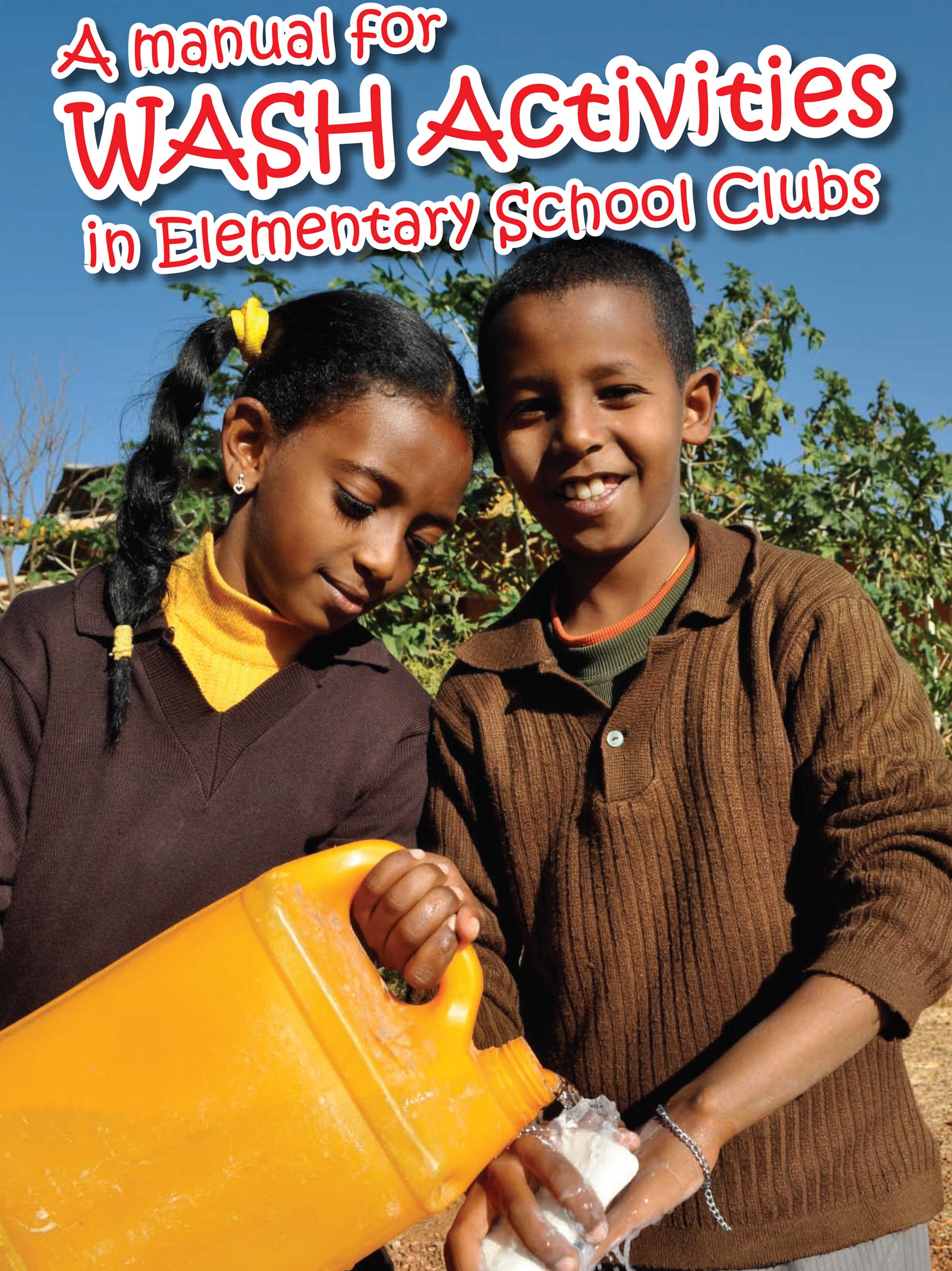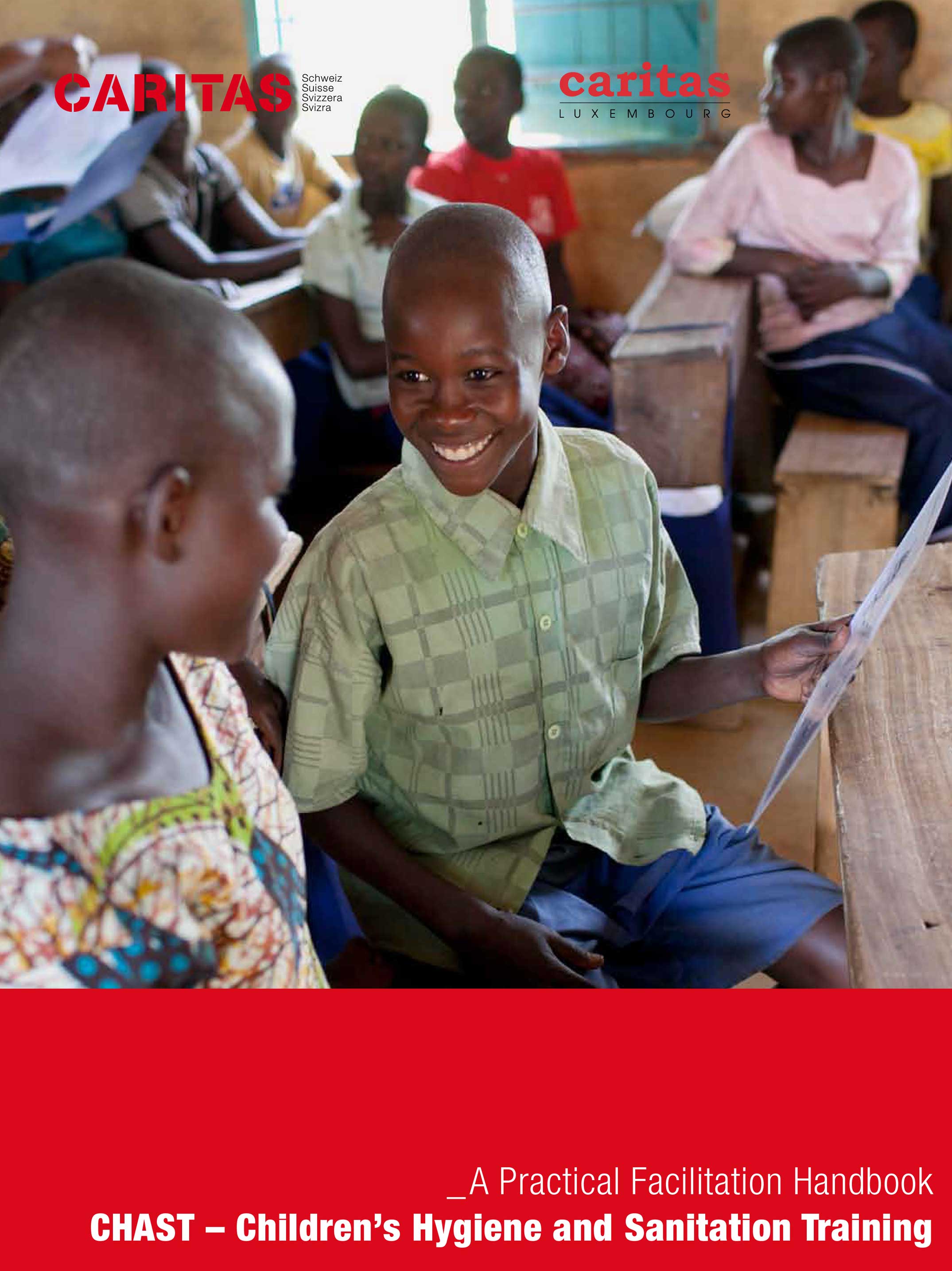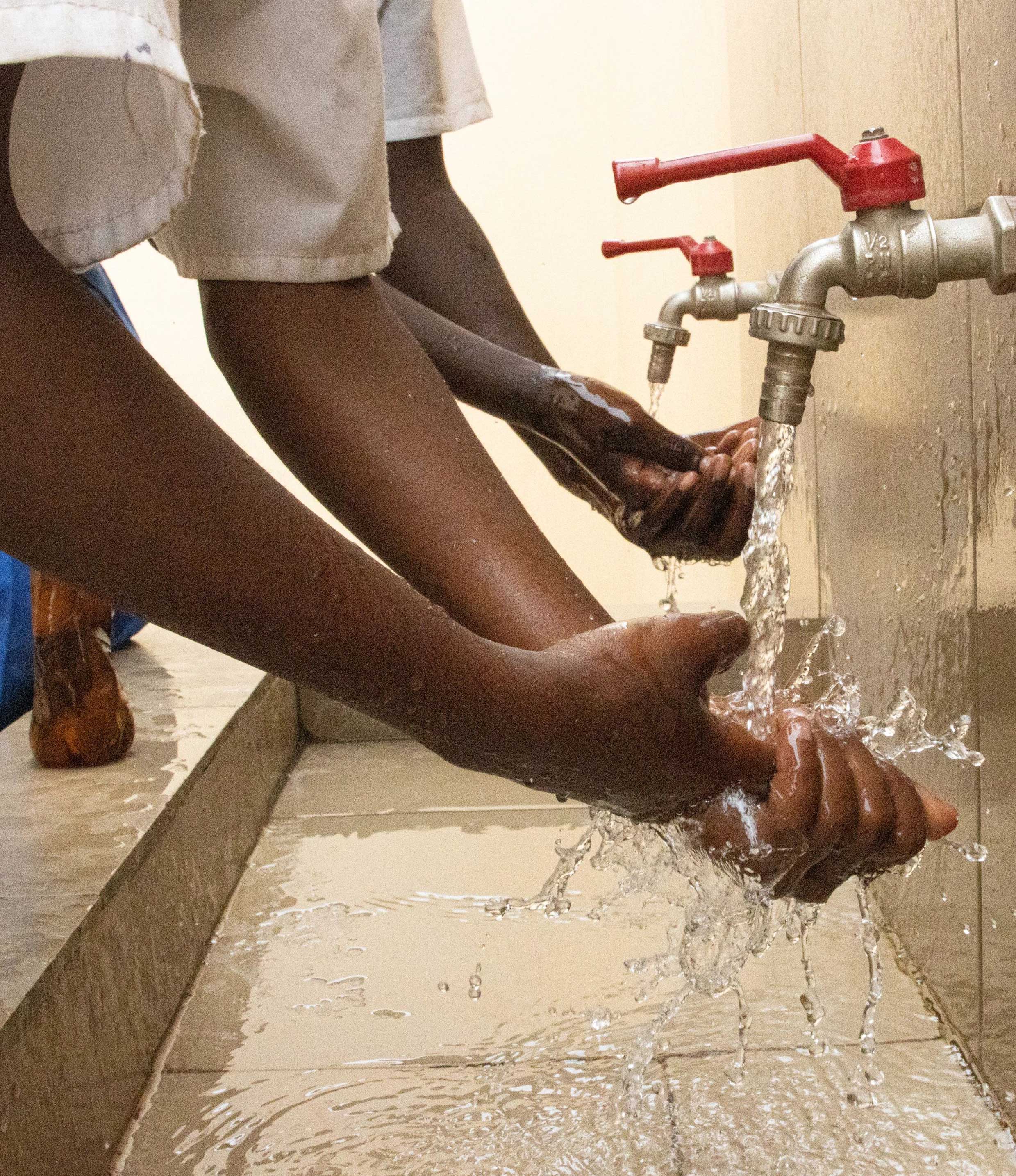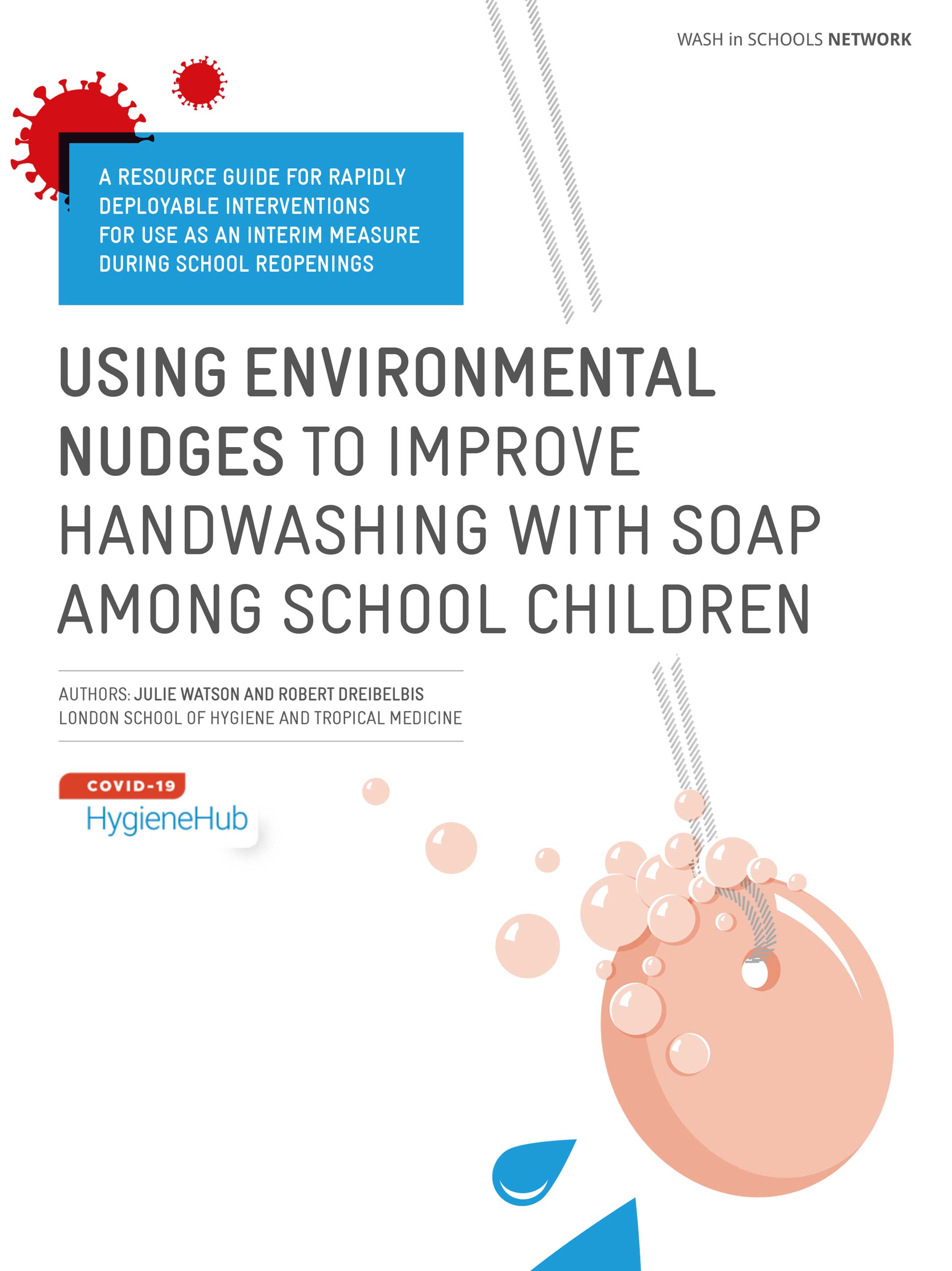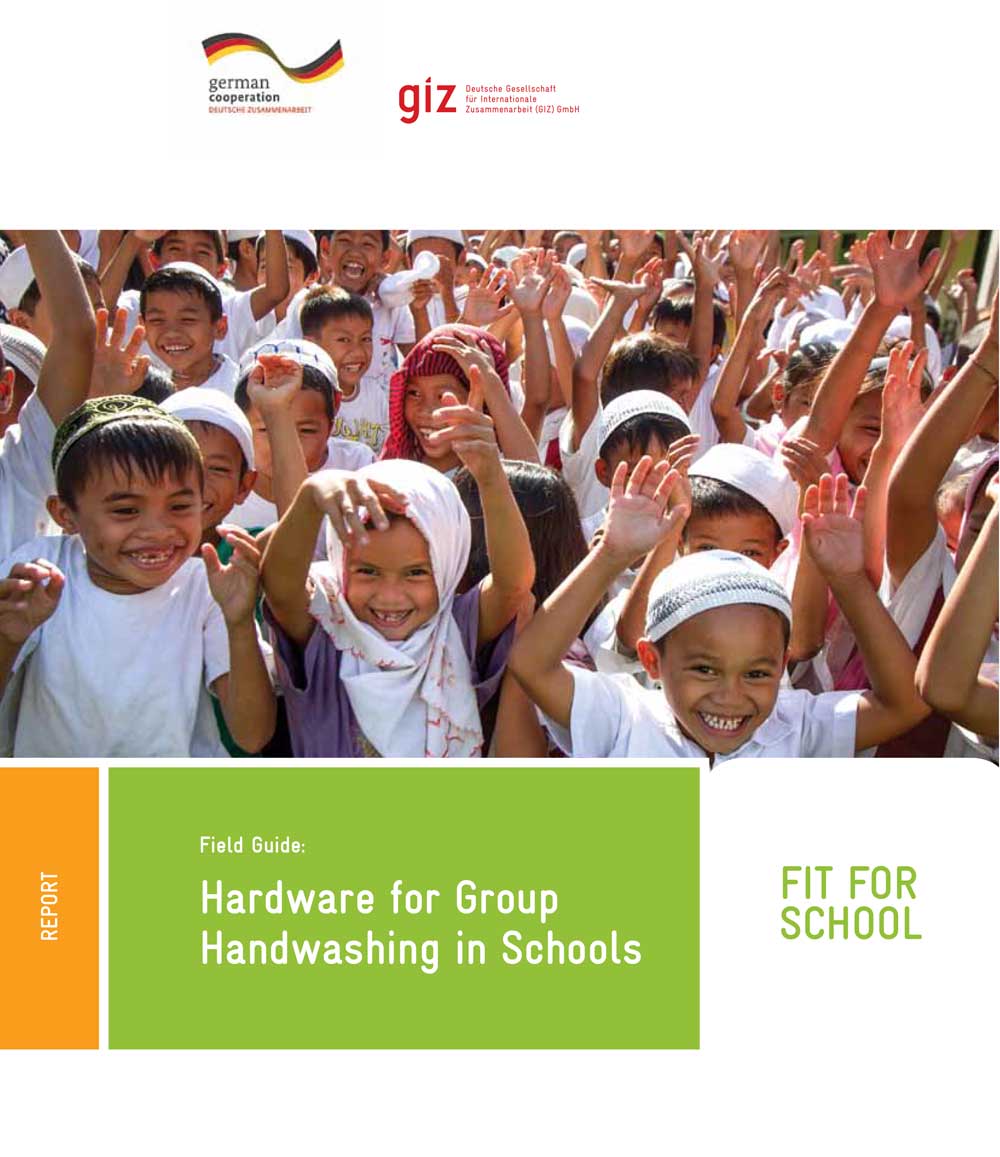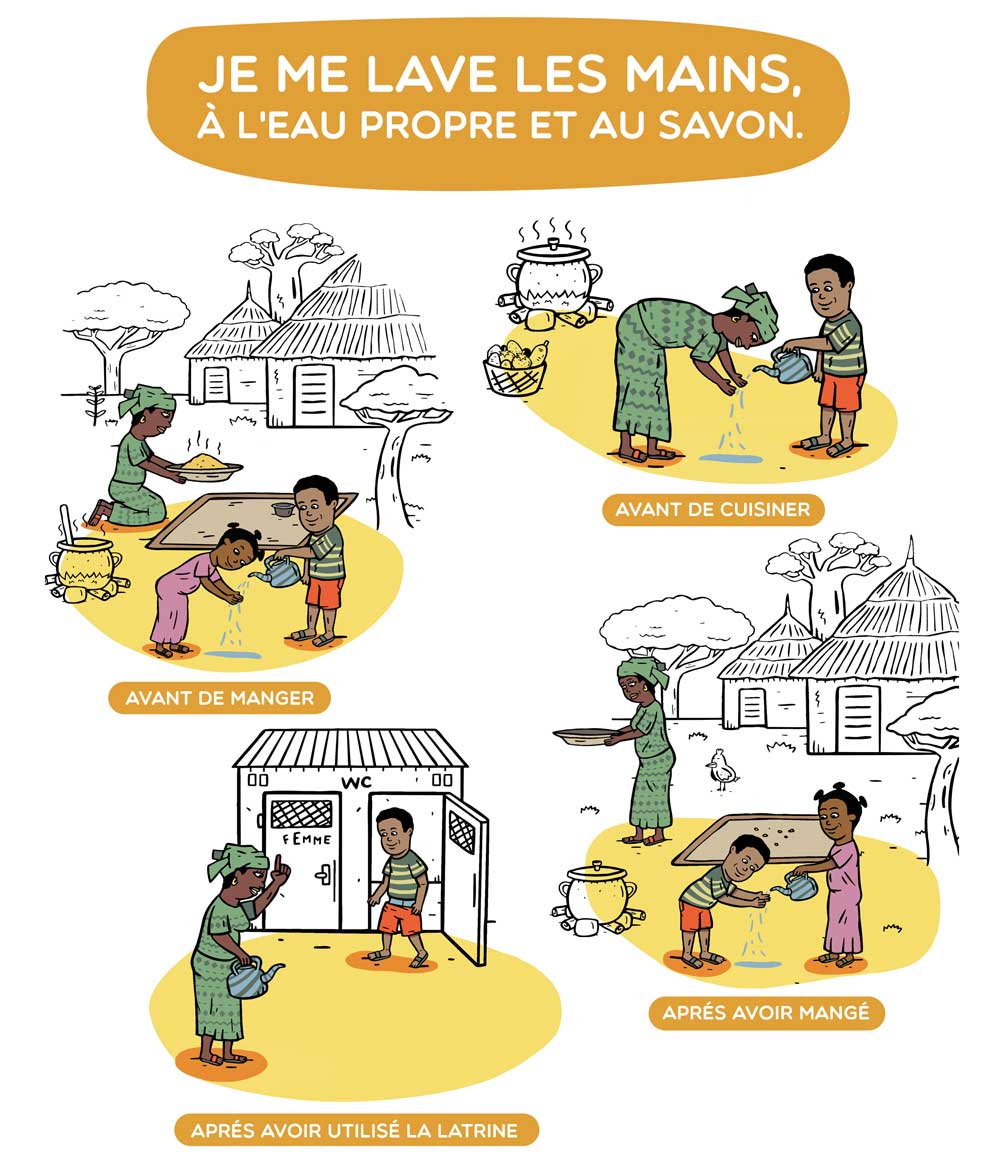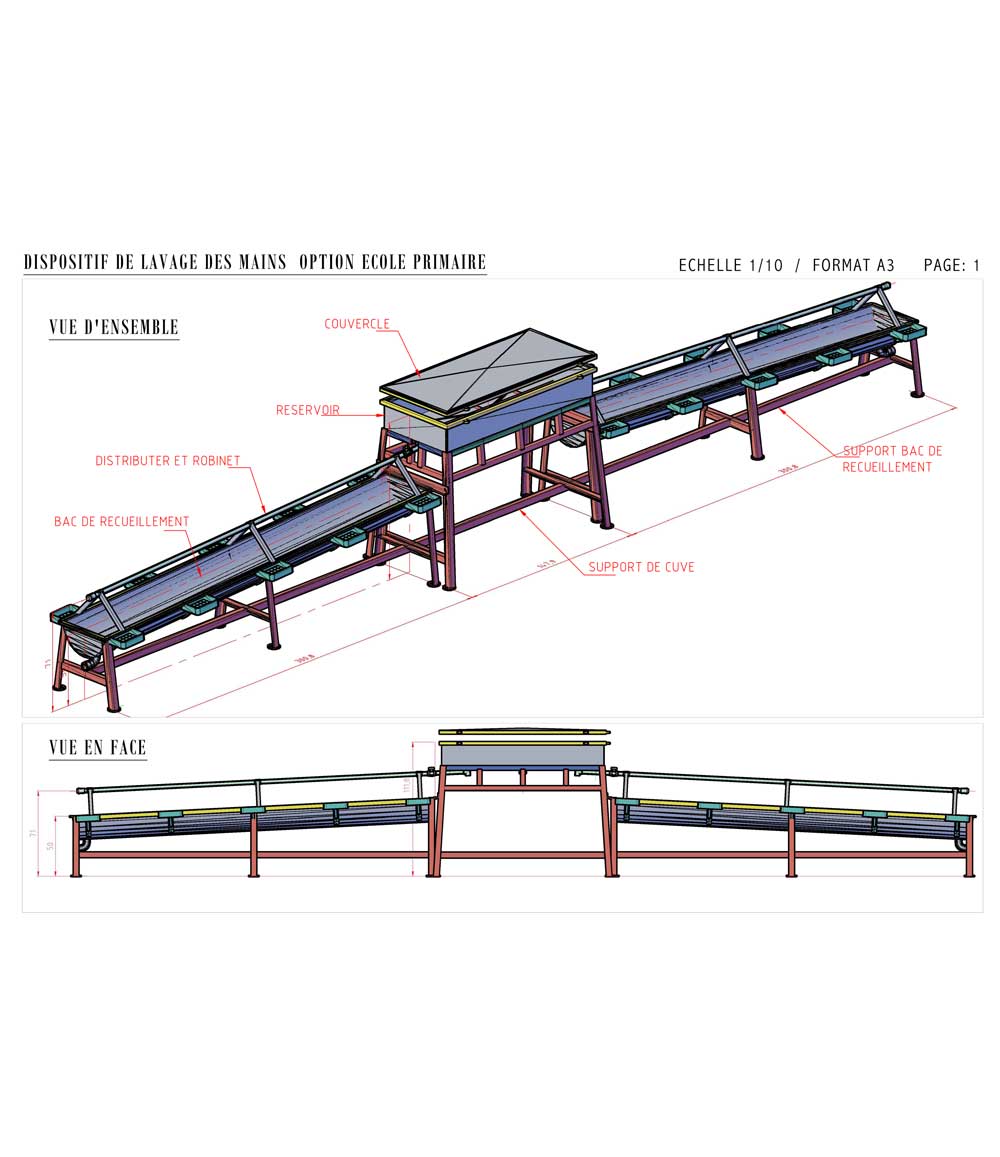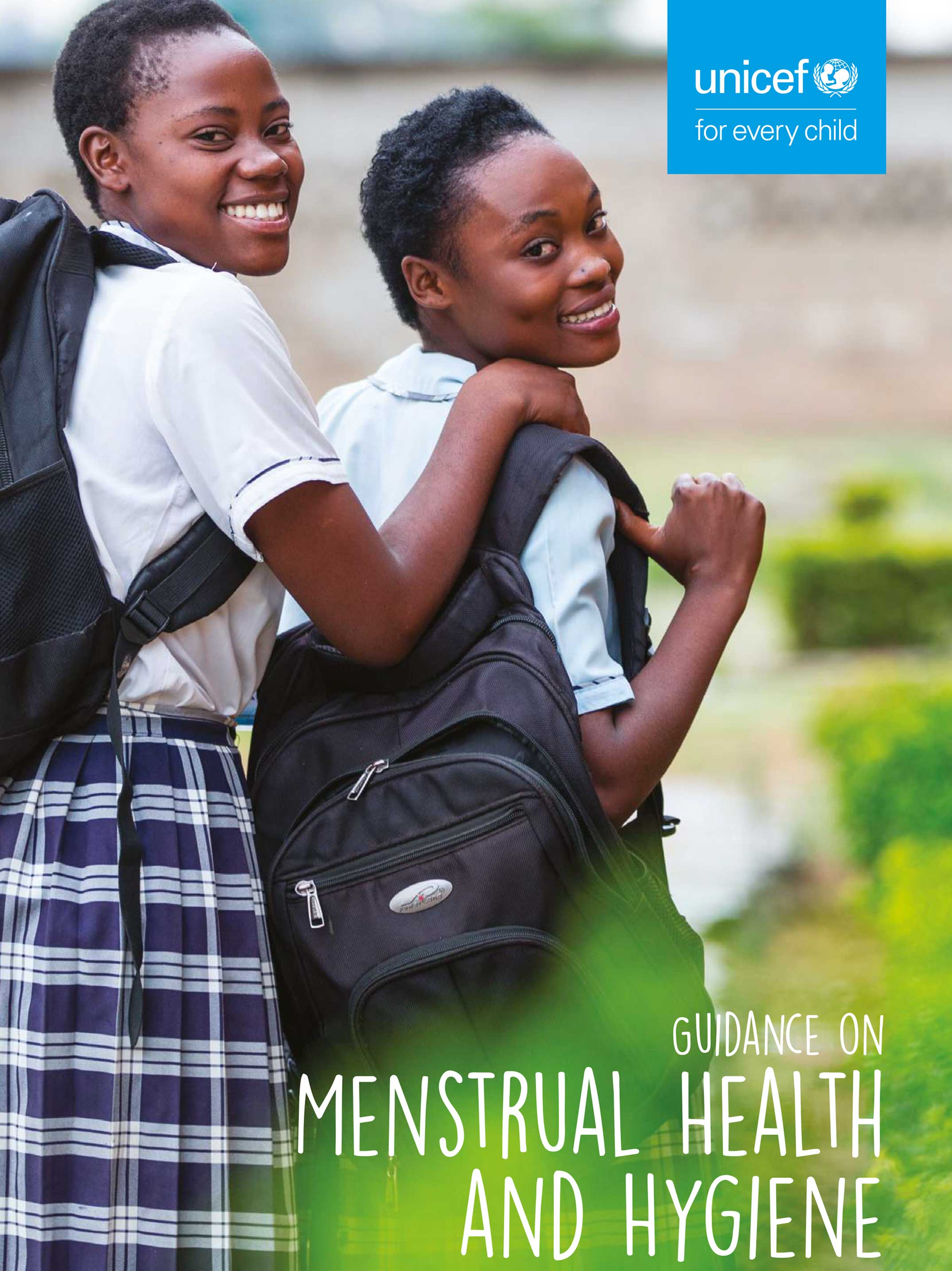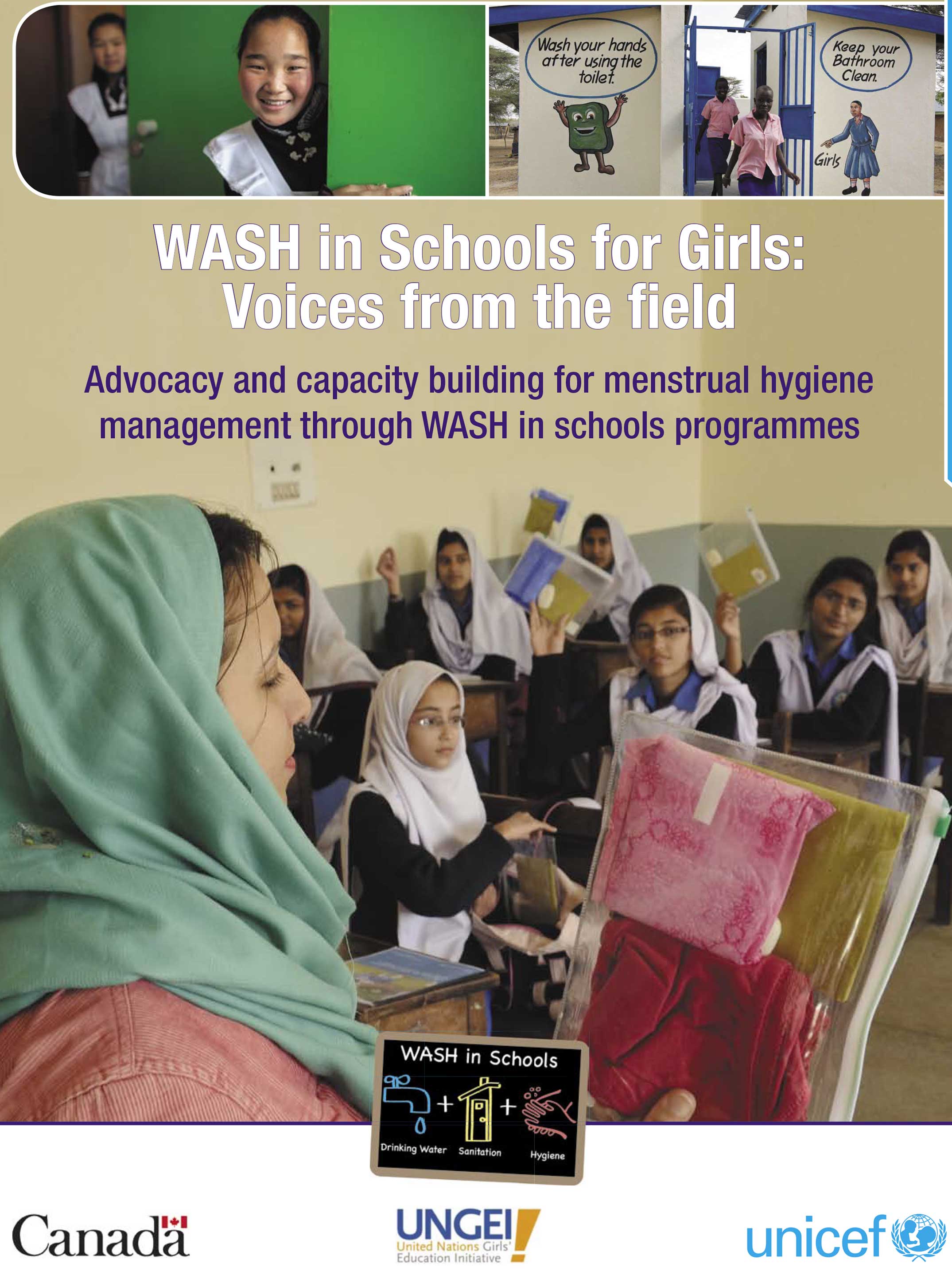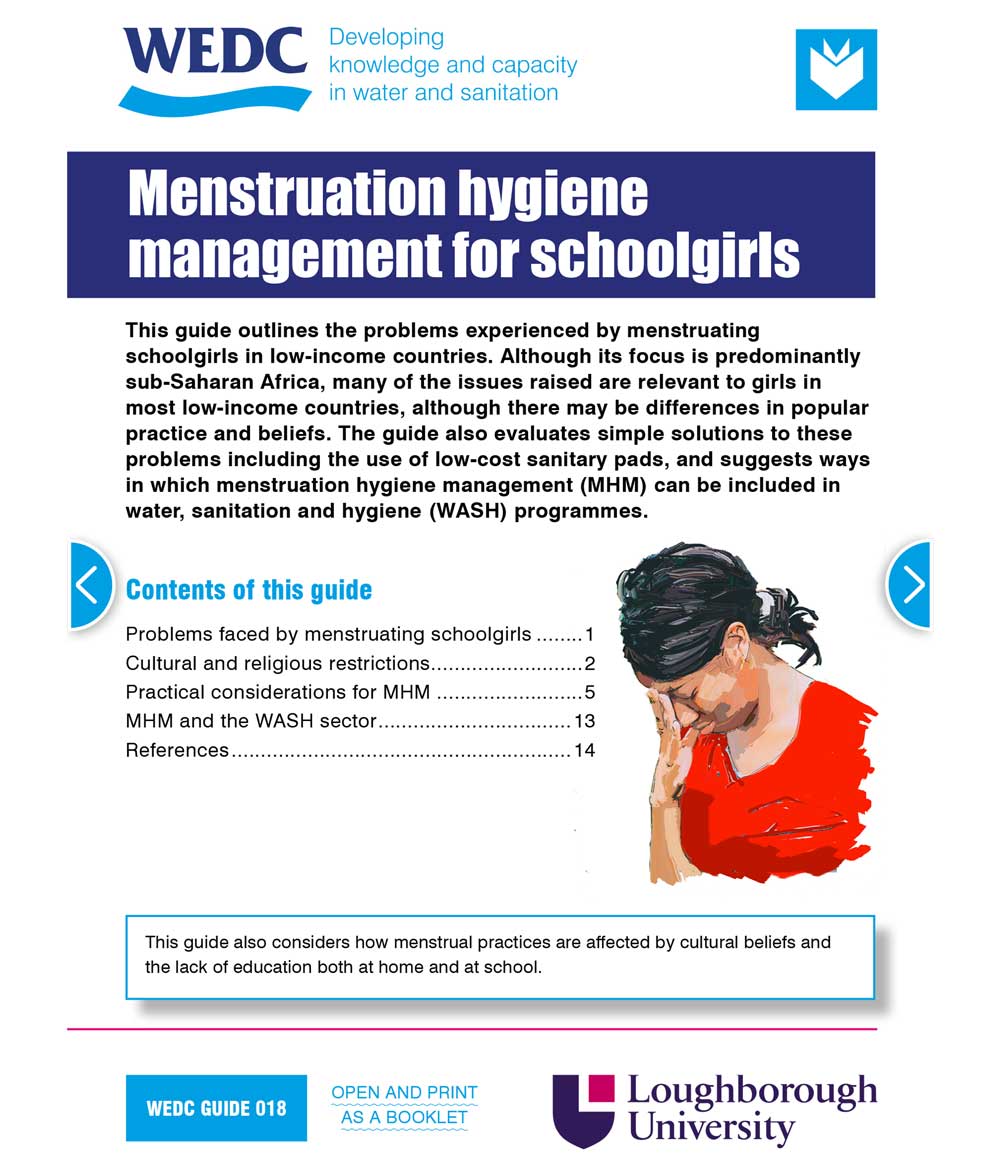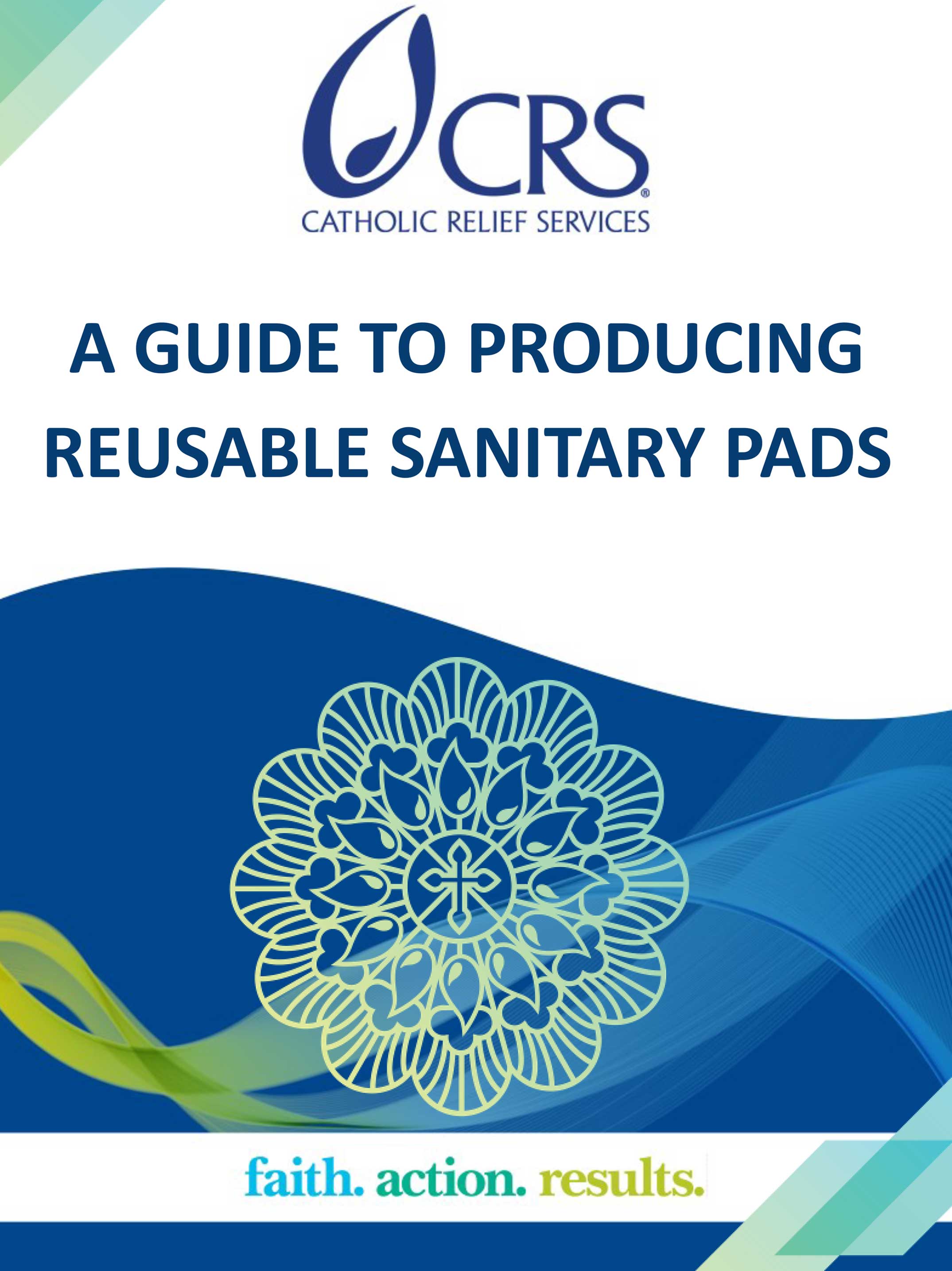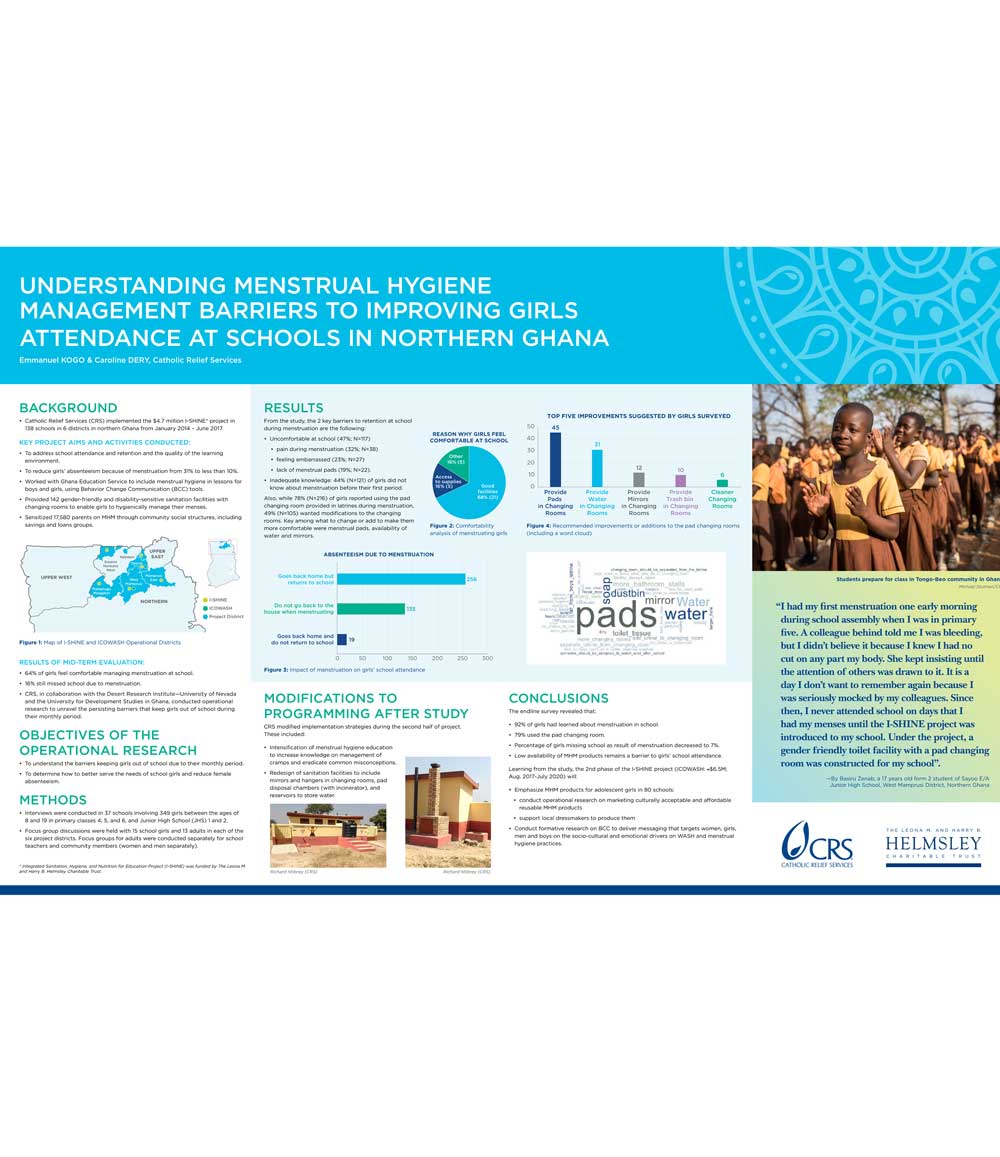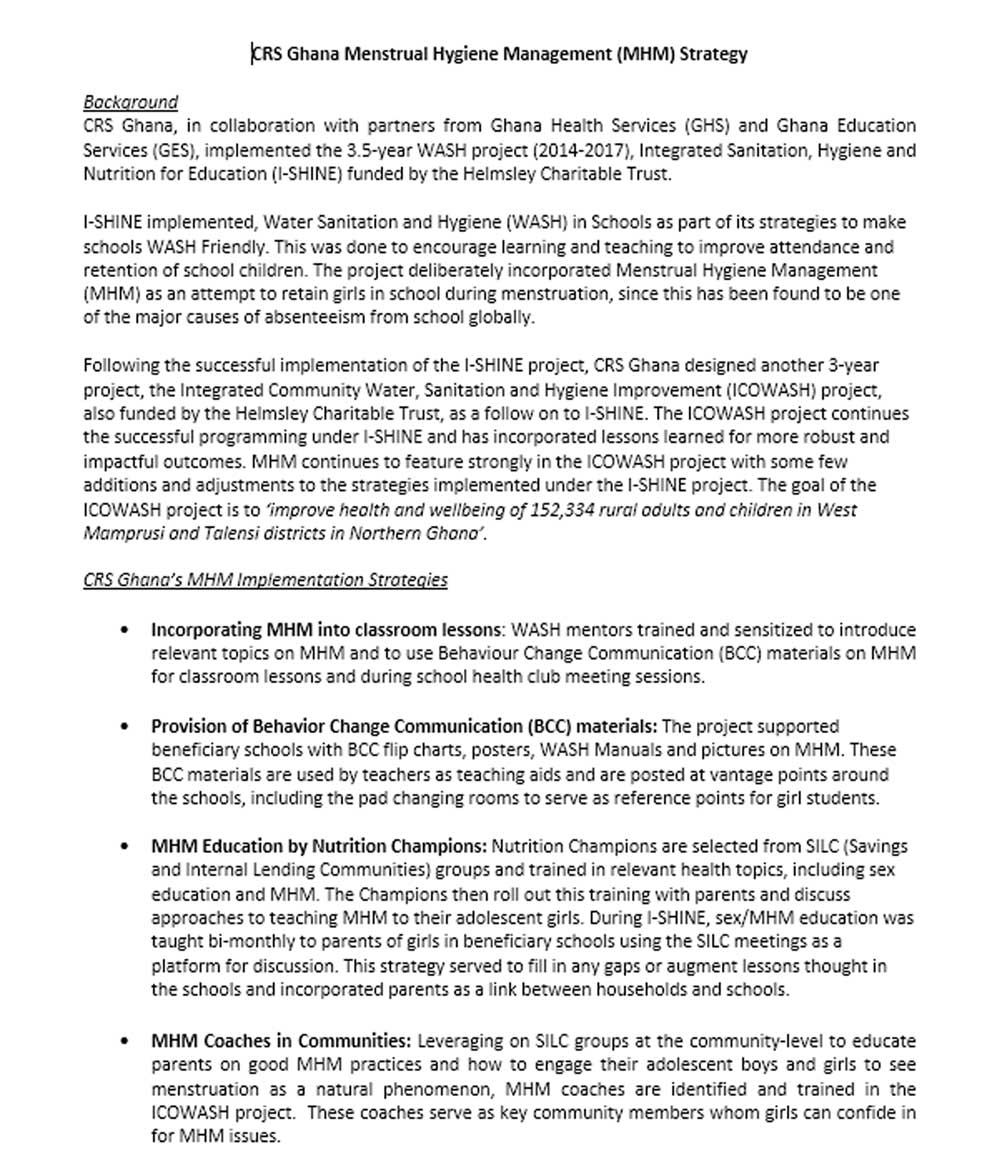

School Hygiene Promotion and Lessons
Hygiene Lessons and Promotion at School

Key Concepts
-
Source Safety First: Before construction or rehabilitation, we ensure water points are strategically located far from contamination sources, safeguarded against surface contamination.
-
Quality Check: Post-completion, rigorous testing guarantees our water meets national drinking water standards.
-
Inclusivity Matters: We make water points accessible to all, including children with disabilities.
-
Lightening the Load: We're always seeking ways to ease the burden of water transport, from source to storage.
-
Sustainable Management: We integrate water point management into our School WASH plan, securing revenue for maintenance, repairs, and spare replacements through fair water tariffs.
-
Safe Sipping: In each classroom, clean, covered containers with taps ensure safe water storage, accessible to all, including kids with disabilities.
-
BYOB (Bring Your Own Bottle) Encouraging kids to bring their own drinking bottles – a sustainable hydration solution.
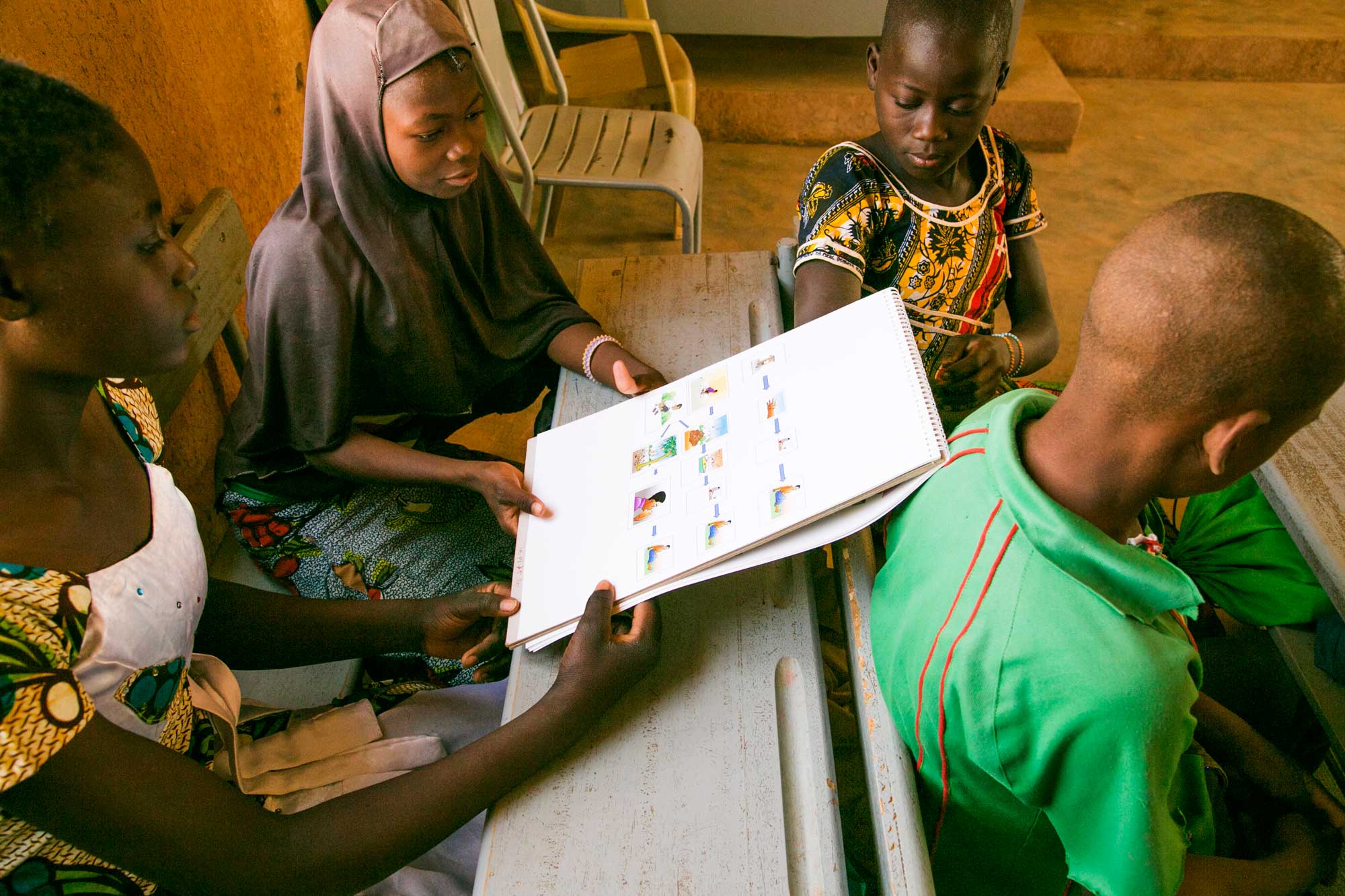
Children discuss the routes of faecal contamination, CRS' Kom-Yilma project, Burkina Faso. Photo by Michael Stulman/CRS.
Hygiene education is a cornerstone of the WASH-friendly school approach. It empowers children to adopt lifelong essential behaviors, which they not only retain but also pass on to others.
Hygiene lessons should connect with a child's daily life at home, school, and in the community. They should blend knowledge, attitudes, and skills development with group activities that are engaging and enjoyable.
Key Concepts
-
Collaborative Tool Design: Engage the education system to create tools, hygiene manuals, and teaching methods for success.
-
Age-Appropriate Teaching: Tailor methods to match kids' physical, cognitive, socio-emotional development, considering age and gender.
-
Inclusive Activities: Prioritize group activities that foster participation, including kids with disabilities.
-
Tackle Stereotypes: Address gender stereotypes and promote gender equality in hygiene lessons.
-
Green Education: Blend environmental topics into hygiene lessons.
-
Interdisciplinary Approach: Incorporate hygiene into math, science, reading, languages, and art classes.
-
Life Skills Teaching: Use student-centered, practical methods emphasizing skills development and engagement.
-
Clean School Culture: Create a clean, attractive school environment with effective waste management and child-friendly facilities.
-
Empower Through Clubs: School WASH clubs empower students for gender equality, social inclusion, and peer education.
-
Community Impact: Sharing hygiene knowledge from school to home and beyond for lasting habits.
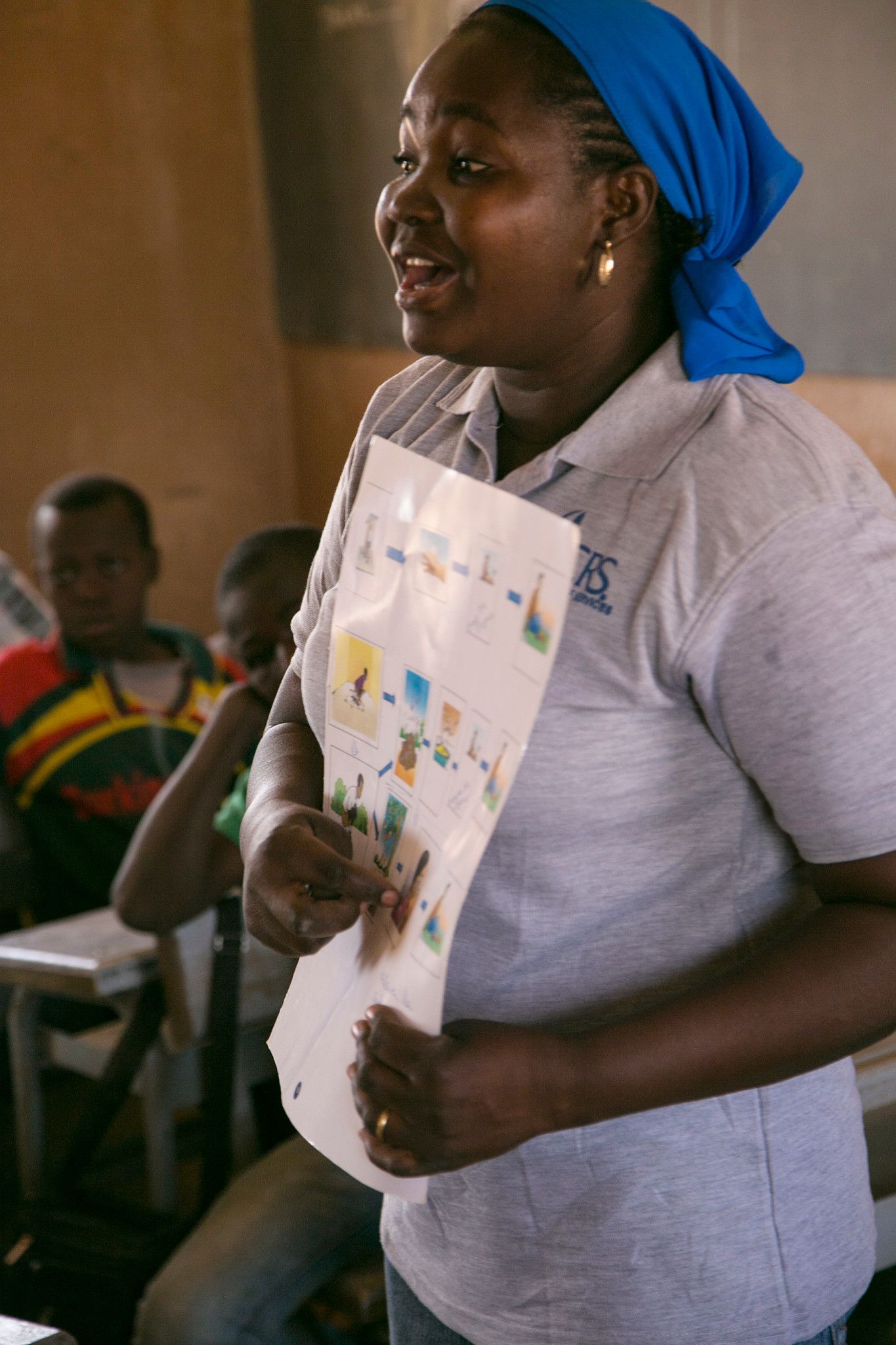
Your Step-by-Step Guide to Promote Hygiene at Schools
-
Engage Stakeholders: Use a participatory approach, involving relevant stakeholders such as education supervisors and educators, to gather, adapt, and develop hygiene teaching tools.
-
Train the Trainers and Teachers: Conduct training for trainers and teachers on managing the WASH-friendly school process and delivering hygiene lessons using selected tools and methods.
-
Identify and Prioritize Key Hygiene Practices: Select crucial hygiene practices based on a participatory assessment of current hygiene conditions and risks.
-
Promote Handwashing: If proper handwashing practices are lacking, initiate daily group handwashing activities to instill the habit of washing hands with soap and water at critical times.
-
Follow Guidance: Refer to the CHAST guide for step-by-step instructions in developing participatory hygiene activities and integrating environmental education using the Blue School kit.
-
Establish a School WASH Club: Create and train a school WASH club (see resources below) comprising members of various ages, genders, and students with disabilities. Support club members in developing activities that engage all students.
-
Plan Hygiene Education Activities: Strategically plan hygiene education and promotion activities, both within and outside the classroom, during social events and celebrations such as World Water Day, World Toilet Day, Global Handwashing Day, Peer Learning Days, and within the community.
-
Consistent Implementation: Implement regular hygiene education and practice activities within schools.
-
Provide Supervision and Support: Ensure supervision, mentoring, and support to facilitate the effective implementation of hygiene education in schools, particularly during joint monitoring and support visits.
-
Continuous Evaluation: Regularly evaluate progress and identify areas for improvement.
-
Review and Update Methods and Tools: Engage in a participatory review and update of teaching methods and tools to enhance effectiveness.
Resources
A Manual for WASH Activities in Elementary School Clubs
This handbook is for elementary schools and provides useful hygiene information as well as activities that can be used in health clubs to aid water, sanitation and hygiene wellbeing for students. The activities include planning projects relating to WASH and how to do an Environmental School Audit.
Download - PDF
Children Hygiene and Sanitation Training - CHAST
This manual is designed to provide community workers, teachers and other facilitators with a detailed methodology for CHAST, together with the step-by-step instructions for facilitating each session, exercise and the accompanying facilitation tools.
Download - PDF
"Don't Let Dirty Hands Spread Trouble! Soap Up for a Healthier School"
Water alone won't do the trick. The absence of soap may be fueling the spread of illnesses within our schools. Many students aren't aware of how vital it is to wash their hands thoroughly with soap and water, reaping the health benefits. While handwashing with soap at crucial moments is a central hygiene lesson, the true priority is making sure every student can enjoy regular, enjoyable, and effective handwashing.
Turn Handwashing into a Splash of Fun, Pride, and Success!
Key Concepts
-
Prioritize Cost-Effective Handwashing: Make handwashing the top priority in your WASH-friendly school approach, ensuring it's cost-effective.
-
Harness Emotions, Not Just Health: Create visuals for handwashing that evoke feelings of pride, confidence, and happiness, rather than solely relying on health concerns or germophobia.
-
Teach the Right Handwashing Technique: Ensure students are well-versed in proper handwashing methods.
-
Power in Numbers: Encourage group handwashing as it motivates kids effectively.
-
Fun Hygiene Activities: Employ enjoyable activities to promote and practice handwashing in schools.
-
Nudging for Handwashing: Use subtle nudges to remind and encourage handwashing.
-
Hygiene and Menstrual Management: Highlight the role of handwashing in maintaining hygienic menstrual practices.
-
Inclusivity Matters: Guarantee that students with disabilities have access to and can use handwashing facilities.
-
Logistics for Supplies: Strategically plan logistics to maintain a constant supply of soap and water at handwashing stations.
-
Wastewater Recycling: Collect wastewater for reuse in nurturing plants, promoting sustainability.
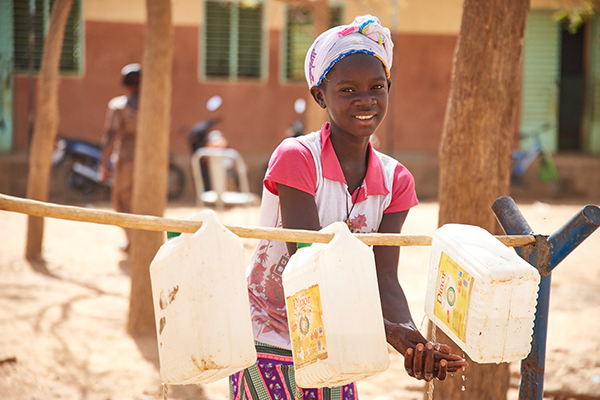
Rosali Ouedrago demonstrates hand-washing during a hygiene promotion session in Burkina Faso. Photo by Sam Phelps for CRS
Your Step-by-Step Guide to Promote Hygiene at Schools
-
Integrate Handwashing into the WASH Action Plan: Incorporate handwashing into the school's WASH action plan. Allocate budget resources not only for handwashing system installation but also for maintenance, including soap and water provision, as well as repairs and replacements.
-
Leverage Hygiene Teaching Aids: Develop or adapt existing hygiene teaching aids to the local context. Consider using posters to convey essential handwashing information: germ transmission, the 6-step handwashing technique with soap and water, and the critical times for handwashing.
-
Employ the Wash'Em Methodology: Adapt the Wash'Em methodology, initially designed for crisis situations, to prioritize user participation for school settings.
-
Install Sufficient Handwashing Systems: Ensure there are enough handwashing systems for all students, regardless of age, to wash their hands independently. Install group systems, such as before meals, and individual systems, like after using the toilets.
-
Establish a Daily Handwashing Routine: Identify a daily schedule when all students can wash their hands together. For example, align handwashing with flag-raising, breaks, mealtime, etc.
-
Engage Kids with Fun Activities: Create enjoyable activities with students, including songs, quizzes, handwashing technique demonstrations and assessments, handwashing board games, and engaging experiments like the pepper and soap or cinnamon hands tests.
-
Use 'Nudges' for Reminders: Implement subtle reminders, or 'nudges,' to prompt handwashing. Place mirrors above handwashing stations, display visual cues on handwashing near toilet exits or doors, position handwashing systems at toilet block exits, or use painted footprints leading to handwashing stations.
-
Monitor Handwashing Behavior: Employ observational monitoring techniques. Observe the handwashing practices of students, for instance, before meals or when they exit the toilets, to gauge the percentage engaging in proper handwashing.
-
Gradual Progress toward 100% Compliance: Recognize that progress may be gradual but strive for the ultimate goal: 100% of the school community members, including students, teachers, and staff, practicing handwashing with soap and water at critical times.
Resources
WASH’Em methodology online
Simplify handwashing program design in crisis situations. The Wash’Em process helps you create impactful behavior change programs effortlessly with assessment tools, automated data analysis, and tailored recommendations.
Using Environmental Nudges to Improve Handwashing with Soap among School Children
This resource guide provides an overview of the science behind nudge-based handwashing interventions and the evidence supporting the use of environmental nudges for handwashing in schools in low-resource settings.
Download - PDF
Hardware for Handwashing in Schools
This catalog looks at approaches, common mistakes and lessons learned regarding water sources, basins, piping and drainage, and introduces a new facility with improved functionality.
Download - PDF
CRS – Series of plans for the construction of a Group Handwashing System
12 detailed plans from CRS Burkina to construct a Group Handwashing System. (In French Only)
Plan 1 Download - PDF
Plan 2 Download - PDF
Plan 3 Download - PDF
Plan 4 Download - PDF
Plan 5 Download - PDF
Plan 6 Download - PDF
Plan 7 Download - PDF
Plan 8 Download - PDF
Plan 9 Download - PDF
Plan 10 Download - PDF
Plan 11 Download - PDF
Plan 12 Download - PDF
CRS – Bill of Quantities for group handwashing system
Bill of Quantities from CRS Burkina for a group handwashing system
Download - Excel
Menstruation, a vital process for women and girls lasting 3-7 days monthly, can cause discomfort and hinder education due to myths. Catholic Relief Services partners with schools and districts to promote Menstrual Hygiene Management (MHM). Our approach: integrate MHM lessons, provide gender-friendly WASH facilities, offer reusable pad production training, and supply Behavior Change materials for dignity.
Definition: Women and girls use clean, changeable menstrual materials with soap and water, access safe disposal, and understand the menstrual cycle for comfortable management (WHO/UNICEF, 2012).
UNICEF's MHM framework includes social support, knowledge, facilities, and materials pillars. CRS projects comprehensively address these four pillars.
Empower Schools to Champion Menstrual Hygiene: Where Girls Thrive, Period!
Key Concepts
-
Inclusive Education: Unleash the power of knowledge-sharing by involving everyone, both females and males, in a journey of comprehensive menstruation education. It's time to learn together and break down barriers!
-
Empowerment through Knowledge: Knowledge is the key to empowerment! Let's not just understand the menstrual cycle, but embrace it with confidence. Equip yourself with the skills to manage it comfortably. Knowledge is strength!
-
Community Mobilization: Join the movement for change! Be the driving force behind social transformation. Together, we can shatter taboos, erase stigmas, and eliminate discrimination. It's time to rewrite the rules!
-
Accessible Menstrual Materials: No more barriers! Ensure easy access to clean, absorbent materials for managing menstrual flow. Let's make sure every person has what they need, when they need it.
-
Privacy Assurance: Respect for privacy is non-negotiable! We're providing private spaces where you can change materials as often as you wish. Your comfort and dignity matter!
-
Hygiene Support: Stay fresh, stay confident! We're ensuring access to soap and water, so you can maintain impeccable personal hygiene. It's all about feeling your best!
-
Safe Disposal Facilities: Dispose of your used menstrual materials with ease and safety. We've got you covered with convenient disposal facilities. Let's keep things clean and hassle-free!
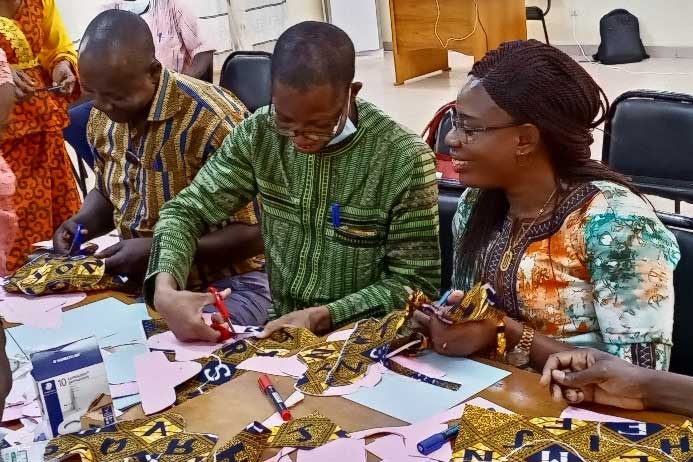
Provincial and District Education services officers learning to make sanitary napkins during the training of trainers on Menstrual Hygiene Management.
Your Step-by-Step Guide to Promote Hygiene at Schools
Software Activities:
-
Embarking on Your MHM Journey: Project Planning and Partner Identification: It all starts with a spark of inspiration! Begin your Menstrual Hygiene Management (MHM) project by diving into the creative process of designing it. Imagine the impact you're going to make. And remember, you're not alone on this journey. Find your partners-in-change, like the fearless girl child officer and the dedicated health promotion officer. Team up and get ready to turn your dreams into reality!
-
Training the Heroes Behind MHM: It's time to empower MHM facilitators to become true champions of change. Think of this as your "Trainer of Trainer" superhero training session, where you equip them with the skills they need to make a difference.
-
Igniting Awareness in Your Community: A vibrant gathering where community leaders, men, women, and children come together to learn and grow. Organize community-wide sessions to spread awareness about MHM. Break the silence surrounding menstruation, tackle those stubborn taboos, and unravel the mysteries that shroud this natural process. Get ready for some transformative discussions!
-
Unleashing the Power of Change: Design and share engaging materials like colorful flip charts, MHM calendars that pop with positivity, informative booklets, and trendy T-shirts. These aren't just materials; they're tools of empowerment. Distribute them to schools and communities with style, using existing groups like savings clubs and school health clubs.
-
Keeping the Momentum Alive: Keep the MHM flame burning bright by conducting quarterly education and sensitization sessions. Enthusiastically engage with school pupils, teachers, and community members. Use those awesome Behavior Change Communication (BCC) materials to captivate hearts and minds. Each session is a chance to keep the MHM spirit alive and thriving!
Remember, this journey is more than just steps; it's a path to empowerment, a journey to break barriers, and a story of change written by you and your dedicated team. Get ready to make a lasting impact, one step at a time!
Hardware Activities:
-
Girls' Friendly Latrines: Picture a space where girls can experience comfort, dignity, and privacy. It's time to design and create girls' friendly latrines that not only respect local culture but also cater to the needs of all students, including those with disabilities. Take inspiration from the incredible work of the CRS project in Burkina and Ghana. Think about adding a pad changing room within the girls' latrine block, complete with a mirror for confidence, a disposal facility for used menstrual materials, handy hangers, and a water point for staying fresh. This is where empowerment begins!
-
Chimney for Pad Disposal: Now, let's get innovative! Imagine a chimney designed to handle the heat generated during the responsible disposal of used menstrual pads. This isn't your ordinary chimney; it's a smart solution. Construct it with sturdy bricks, and don't forget to incorporate a wire mesh inside. This mesh allows pads to dry efficiently, making burning easier and more environmentally friendly. It's a small change with a big impact.
-
Empower Local Dressmakers: Identify and empower talented local dressmakers to create reusable sanitary pads at prices that everyone can afford. These pads are more than just fabric; they are instruments of empowerment. Ensure these skilled individuals understand the importance of pad care and hygiene practices. Source them from within the community, because who knows better than the people who live there? Provide training on how to use local hygienic materials to produce these affordable, life-changing pads.
-
Ongoing Monitoring: The journey doesn't end here; it's just the beginning. Keep the momentum going by continuously monitoring project activities. Involve your dedicated project staff in this journey. Together, you can identify areas for improvement and make the necessary adjustments to ensure the project's success. This isn't just a project; it's a commitment to changing lives, and it requires your vigilance.
Each action you take is a step toward empowerment, dignity, and a brighter future. Get ready to make a lasting impact, one step at a time!
Resources
UNICEF, Guidance on Menstrual Heath and Hygiene
This guidance was developed for UNICEF WASH, Education, Health, and Gender specialists or focal points in country offices who are working with their partners to develop programs related to menstrual health and hygiene (MHH).
Download - PDF
WASH in Schools for Girls: voices from the Field
Advocacy and capacity building for menstrual hygiene management through WASH in school programs.
Download - PDF
WEDC: Menstruation Hygiene Management for Schoolgirls
This guide outlines the problems experienced by menstruating schoolgirls in low-income countries.
Download - PDF
CRS - A guide to producing reusable sanitary pads
This guide from CRS Ghana provides step-by-step guidance to sew reusable sanitary pads and outlines steps in using, washing, drying pads and other safe management practices.
Download - PDF
CRS – Understanding MHM Barriers to Improving Girls Attendance at Schools in Northern Ghana
Conference poster from CRS Ghana on barriers to practicing MHM at school in Northern Ghana.
Download - PDF
CRS Ghana Menstrual Hygiene Management
The complete MHM strategy for schools developed by CRS Ghana in collaboration with partners from Ghana Health Services (GHS).
Download - PDF
